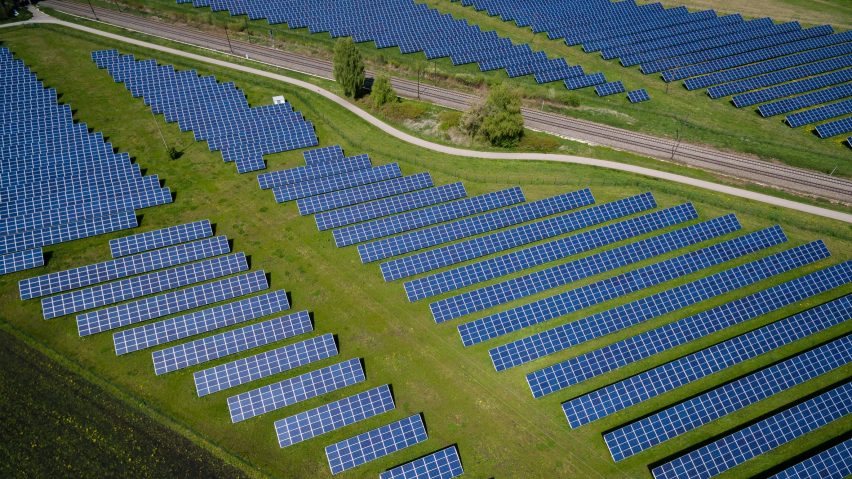
Ukraine invasion a "pivotal moment" in shift to renewable energy say architects and designers
The transition to renewable energy needs to speed up in the light of the war in Ukraine, according to architects and designers including Alison Brooks, Ross Lovegrove and Kjetil Thorsen.
The war is leading to spiralling energy costs and has revealed Europe's dependence on Russian oil and gas – but could nonetheless lead to "unthinkable fossil fuel expansion", designers told Dezeen.
"The invasion of Ukraine is yet another wake-up call for the world and in particular European nations with unhealthy dependencies," said Stirling Prize winner Brooks.
"We have been too slow to enact legislation to enable our wholesale transition away from fossil fuels," she added. "If this war doesn't give us the momentum to change our behaviours, I don't know what will."
"Local resistance to the visual blight of wind turbines no longer holds any weight in the face of millions of refugees and the violence of war," added Hélène Chartier of sustainable urbanism network C40 Cities.
Insulation the easiest short-term fix
Major western nations including the UK and EU have agreed to phase out their use of Russian oil and gas in retaliation for the country's war on Ukraine, while the US banned their import completely.
Now, the question is how countries will make up for this deficit – especially given that oil and gas prices already reached record highs in the months before the invasion, leaving many households uncertain of how they will pay their heating and energy bills.
"This is a pivotal moment in which we need to shift our societies onto a safer path," argued architect Michael Pawlyn, who is one of the founders of climate action group Architects Declare.
Rather than simply sourcing fossil fuels from other countries, he said governments should switch to renewables such as solar and wind power in the long term, and cut consumption in the short term by insulating homes and making them more energy efficient.
"This approach would make a big contribution to lowering living costs for lower-income people while also addressing the climate emergency and cutting off funding to Putin's war machine," he said.
"I would stop HS2 immediately and divert these funds into housing insulation and solar roofing," agreed designer Lovegrove, referencing the UK's planned High Speed Two railway network.
"As we know from studies in Scandinavia, this can result in almost net-zero domestic energy bills. It's a very achievable short-term action with long-term benefits."
Snøhetta co-founder Thorsen argued that major oil and gas exporters such as his native Norway, which are profiting from the record prices, should put these funds towards ramping up their renewable capacity.
"If countries like Norway would spend this extra income to expedite the renewable energy transition, we might see an acceleration in certain areas of the energy industry," he said.
Read on to hear how other architects and designers think the Ukraine invasion will impact the way we heat and power our homes.
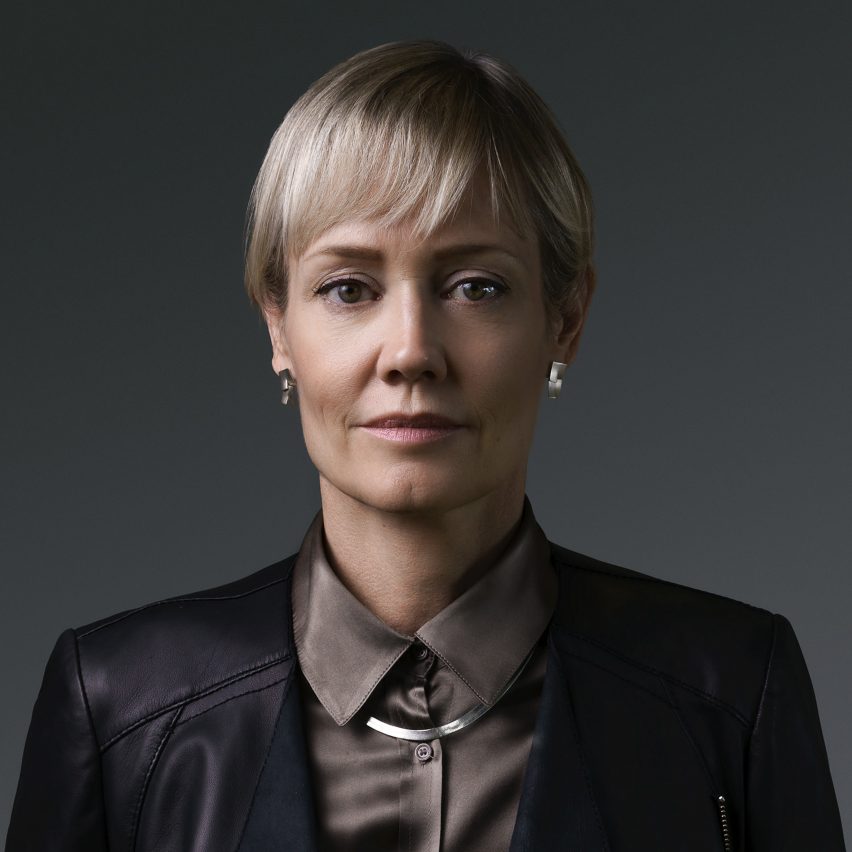
"If this war doesn't give us the momentum, I don't know what will," says Alison Brooks
"The invasion of Ukraine is yet another wake-up call for the world and in particular European nations with unhealthy dependencies. We have been too slow to enact legislation to enable our wholesale transition away from fossil fuels. The invasion and its mass destruction – of norms, laws, rights, civil infrastructure and people – has brought our collective vulnerabilities into stark relief.
"We can grasp this moment to renew our efforts. We can pressure our MPs to urgently create the legislative framework to enable that wholesale transition of our economy and institutions to renewables and to reduce our energy consumption. If this war doesn't give us the momentum to change our behaviours, I don't know what will."
Alison Brooks is the only British architect to win the RIBA Stirling Prize, the RIBA Manser Medal and the Stephen Lawrence Prize.
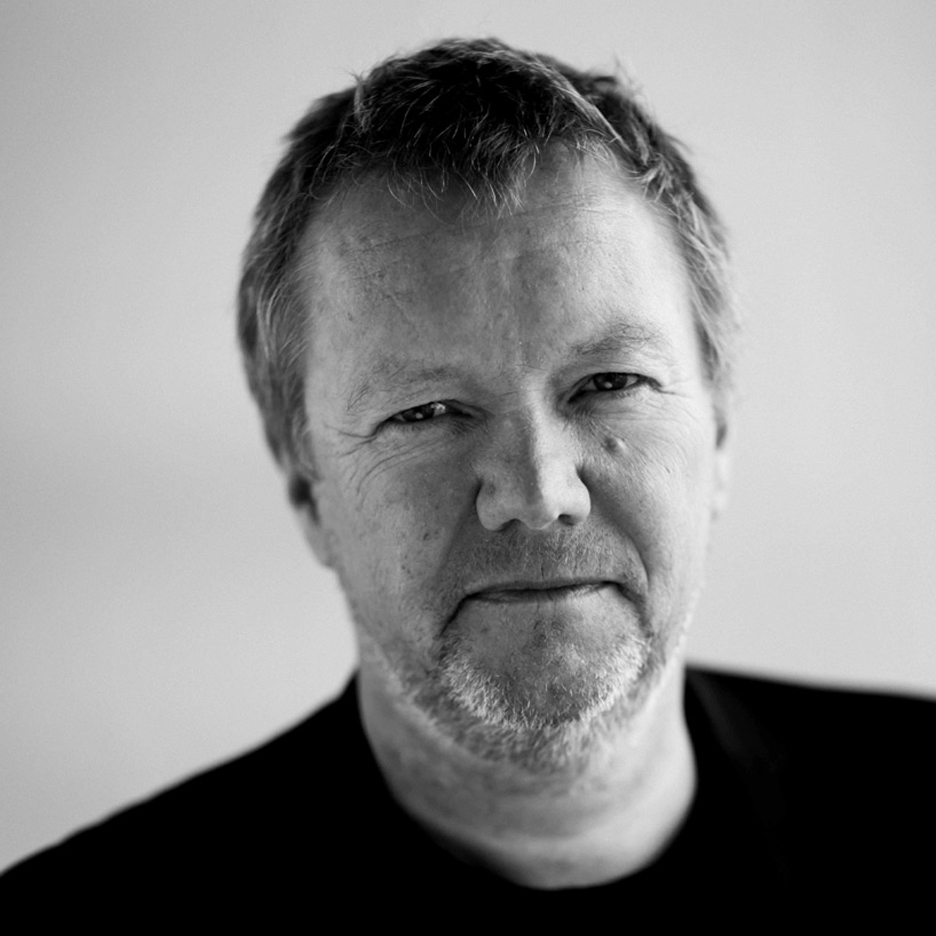
Norway should use oil profits to "expedite the renewable energy transition", says Kjetil Thorsen
"As we already know, oil and gas prices determine the cost of consumer energy. With the possible closure of gas delivery to Europe from Russia, Europe will have to decrease its dependency on this energy source and develop alternatives fast. Germany will probably be at the forefront here but the question is how different energy alternatives will be prioritised.
"One might assume that this would be a great opportunity to enforce alternative and renewable energy sources. But we could also end up going back to coal or nuclear power. The escalation of oil and gas prices is generating extraordinary income for countries exporting these goods. If countries like Norway would spend this extra income to expedite the renewable energy transition, we might see an acceleration in certain areas of the energy industry.
"Right now, I feel uncertain where political priorities are. But one thing is certain, the climate crisis on top of the horror unfolding in Ukraine demands even more from our decision-makers to make the right choices."
Kjetil Thorsen is an architect and co-founder of Norwegian practice Snøhetta, which aims to make all of its buildings carbon negative within 20 years.
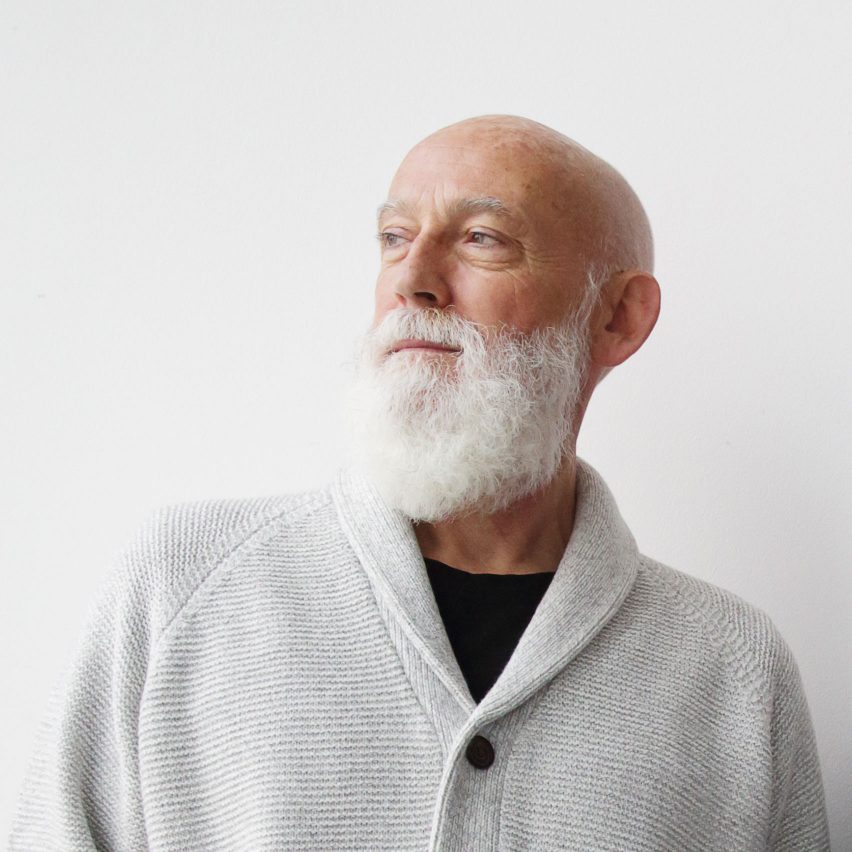
"Stop HS2 and divert funds into housing insulation and solar roofing," says Ross Lovegrove
"We live in a world of complex resource co-dependency, which as we see results in conflict and not unity. Intelligent governments should invest in highly progressive renewable energy sources, thus breaking the fossil fuel dependence that with it creates an enormous disparity in global wealth. In doing so we would help achieve our zero emissions goals and democratise energy use for the greater good.
"The government should focus on areas of the UK where poverty and colder climates converge. If they want to level up, then the North needs immediate help, so I would stop HS2 [High Speed Two railway network] immediately and divert these funds into housing insulation and solar roofing. As we know from studies in Scandinavia, this can result in almost net-zero domestic energy bills. It's a very achievable short term action with long term benefits.
"As I write, I'm mindful of the fact that the top banks in the world, over the course of the last three years, invested $1.5 trillion in coal production. So unless the criminality that exists at the highest institutional level is countered, we will just keep walking into the fire."
Ross Lovegrove is a British industrial designer who has created solar-powered street lights for London's Clerkenwell district.
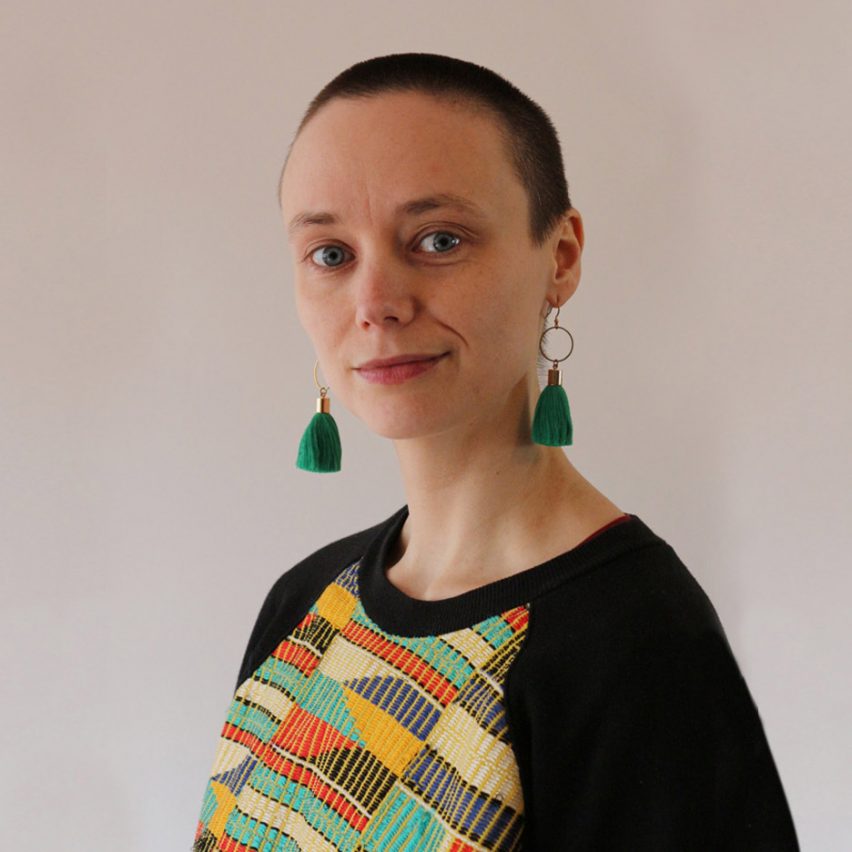
Ukraine invasion could lead to "unthinkable fossil fuel expansion", says Smith Mordak
"The invasion of Ukraine has once again brought into sharp focus our collective reliance on fossil fuels, as well as laying bare their role in our ability to respond adequately to horrific events.
"As Ukrainian activists of the Stand with Ukraine campaign have said: 'it is imperative that the world not simply replace Russian-produced fossil fuels with fossil fuels from other countries'. But there are significant forces afoot campaigning for just that. If we don't 'stand in steadfast solidarity' against those forces, this geopolitical crisis will be exploited as an opportunity to wave through unthinkable fossil fuel expansion projects.
"As was the case with the pandemic, the immediate crisis is pitted against the overarching environmental crisis instead of clearly communicated as one terrifying face of climate and biodiversity breakdown. We're seeing the same now, with the warnings of the February IPCC report getting very little coverage while the feasibility of (re)opening pipelines and coal mines is discussed in chillingly nonchalant language.
"We should be talking about the multiple benefits of retrofit, from reducing energy demand to improving people's health, not about how to reduce the lead-in times for fracking. The invasion of Ukraine, as the pandemic, is not a competing concern for the climate emergency, it is the climate emergency. And whether the invasion of Ukraine speeds up or slows down the transition to renewable energy depends on whether we see it as such."
Smith Mordak is the director of sustainability and physics at engineering firm Buro Happold and the founder of architecture practice Studio Weave.

"It is time we start looking up instead of down," says Marjan van Aubel
"The invasion in Ukraine shows us how dependent we are on oil and gas. Energy is the basis of everything as everything we do requires energy, and this is becoming visible now.
"It is time we start looking up instead of down in the ground looking for oil and gas. The sun is an unlimited source of energy and our chance to no longer be dependent on fossil fuels."
Marjan van Aubel is a self-professed solar designer and co-founder of the first-ever Solar Biennale.
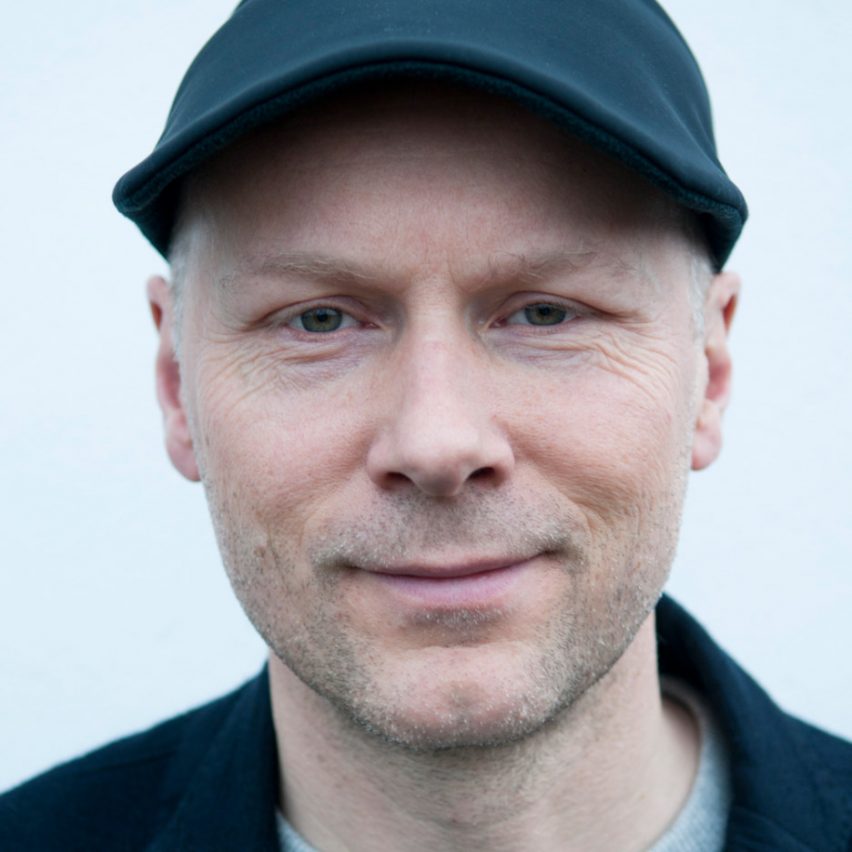
"This is a pivotal moment to shift our societies onto a safer path," says Michael Pawlyn
"We have now had two fossil-fuel-driven wars with horrific casualties – the first being the Iraq war, fought over access to oil, and the second being the Ukraine conflict, which is substantially bankrolled by sales of gas. This is a pivotal moment in which we need to shift our societies onto a safer path. Whether we will or not depends on political courage and citizen pressure.
"To be effective it needs to be much more than just a renewable energy transition. We need to get better at implementing integrated solutions that tackle multiple challenges simultaneously – addressing energy security, climate change, health, transport and the cost of living crisis at the same time.
"In 2021, the UK spent £4 billion on oil from Russia. For just £3 billion a year, we could make every bus fare in the UK free. This would dramatically reduce congestion, reduce greenhouse gas emissions and we wouldn't need the oil from Russia. With the reduced congestion, the money from the government's proposed £27 billion road-building programme could instead be spent on upgrading homes to zero-carbon standards, starting with the poorest households.
"This approach would make a big contribution to lowering living costs for lower-income people while also addressing the climate emergency and cutting off funding to Putin's war machine. This is what I mean by integral thinking – producing win-win-win solutions."
Michael Pawlyn is a British architect and a driving force behind the climate action group Architects Declare.
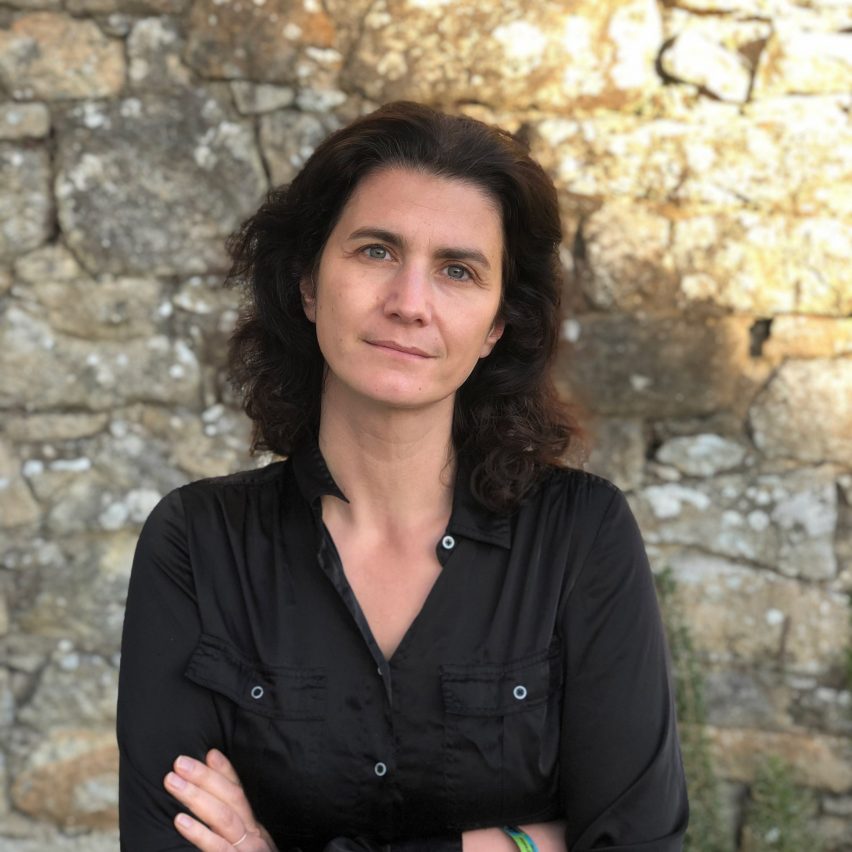
"Resistance to the visual blight of wind turbines no longer holds weight," says Hélène Chartier of C40 Cities
"Limiting our energy dependence on Russia does not necessarily mean accelerating the transition to renewable energies. Historic decisions have been made. The EU announced that it would cut its supply of Russian gas by two-thirds within a year. Now the main question is: how will this be achieved?
"In the short term, this could lead to an increase in the supply of fossil fuels from OPEC countries and the US, and even a possible reactivation of some coal-fired power plants. In the longer term, it could accelerate the transition to renewable energy. There is indeed an unprecedented awareness of the need to increase investments in energy, especially in hydrogen and biomethane, as well to accelerate the development of wind and solar energy.
"Local resistance to the visual blight of wind turbines no longer holds any weight in the face of millions of refugees and the violence of war. Let's push our politicians to make the right decision for the future."
Hélène Chartier is the head of zero carbon development at C40 Cities, a network that is helping the biggest cities in the world reach their decarbonisation goals.

"Fossil energy is a security policy issue," says Anna Graaf of White Arkitekter
"This terrible war has made it obvious that our dependence on fossil energy is a security policy issue. The EU has already decided to make itself independent from Russian gas and oil, and to accelerate the transition towards more renewable alternatives, which are sustainable, safe and cheap.
"In the short term, we will see alternative suppliers of both oil and gas but in the longer term, I believe that this will give the climate transition in Europe a boost. Globally, however, I am less optimistic. But, foremost, we need to reconsider the need for energy, not least in buildings."
Anna Graaf is the sustainability director of Swedish practice White Arkitekter, which has pledged to design only carbon-neutral buildings by 2030.
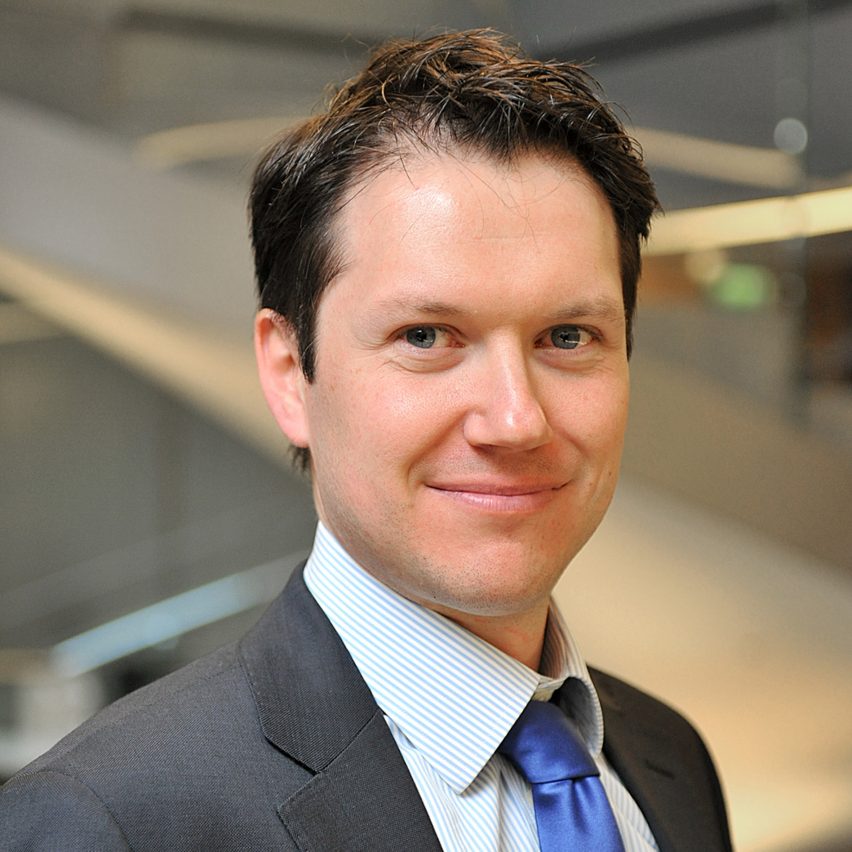
"The Ukraine conflict will have a limited short term impact," says Arup's Filippo Gaddo
"It is difficult to increase capacity in renewables in the short term beyond what is already in the pipeline. So the Ukraine conflict will have a limited short term impact on the renewable transition. It will benefit renewable projects through higher oil prices and potentially changes in policies to speed up planning and consent of projects.
"It is more likely to affect the decision to extend nuclear plants' life, as any nuclear plant due to close in next five years can be extended, achieving an increase in capacity on the system with limited effort. In the medium term, it will accelerate the renewable transition through higher levels of investment in the sector, increased policy ambition and potentially a higher focus on hydrogen development, which needs more renewable capacity.
"The second and politically more pressing challenge will be how policymakers address the issue of high prices and protecting vulnerable customers. In the short term, this means some level of subsidies and in the medium term, it implies new policies to stimulate energy efficiencies, buildings retrofit and investment in low-carbon heating solutions to drive down costs. Early government decision on heating solutions and commitment will be crucial."
Filippo Gaddo is the global head of economics at architecture, design and engineering firm Arup as well as leading the company's energy investor advisory team.
The top image by Andreas Gücklhorn shows a solar farm in Offingen, Germany.